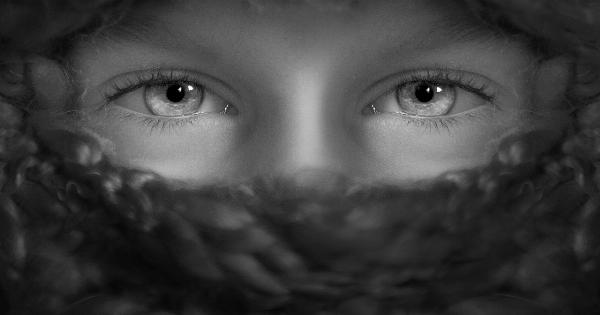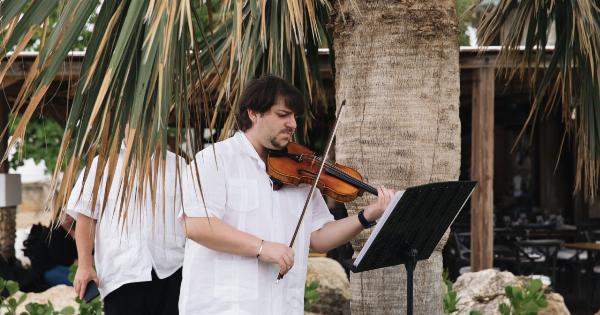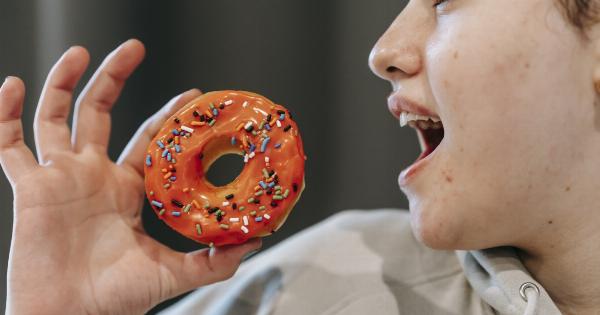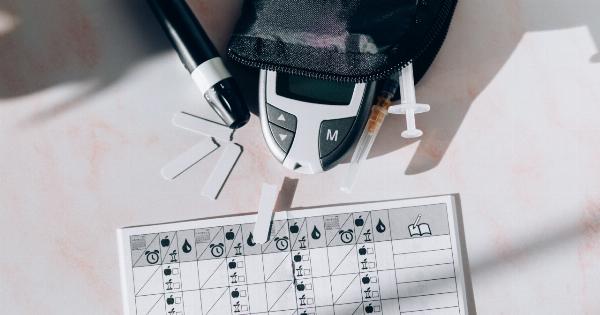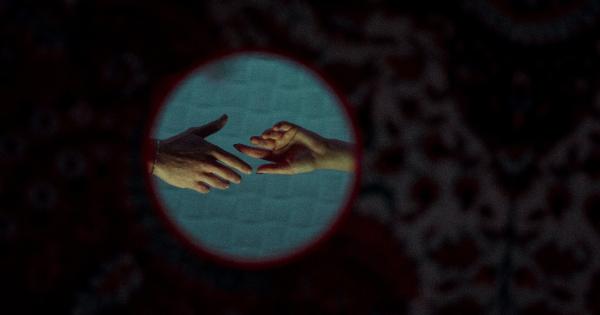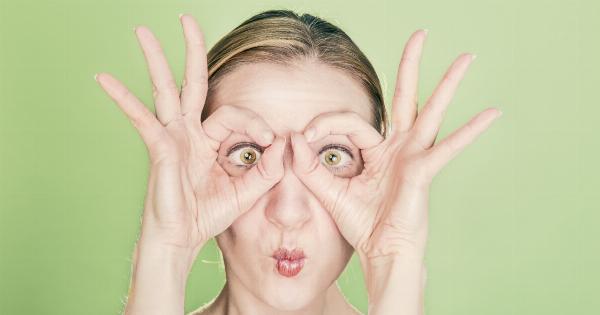Concussions are a common injury among children and teens who participate in sports and physical activities. One of the most common symptoms of concussion is balance issues.
In this article, we will explore the connection between balance issues and concussion in kids.
What is a concussion?
A concussion is a type of traumatic brain injury that occurs when the brain is shaken or moves rapidly within the skull. This movement can cause damage to the brain’s cells and alter its normal functioning.
Concussions are most commonly caused by a blow to the head, but they can also occur when the body experiences a violent shaking.
What are the symptoms of a concussion?
The symptoms of a concussion can vary from person to person and may not appear immediately after the injury. However, some common symptoms include:.
- Headache or pressure in the head
- Nausea or vomiting
- Dizziness or balance problems
- Fatigue or drowsiness
- Confusion or memory problems
- Slurred speech or impaired coordination
- Sensitivity to light or noise
How are concussions diagnosed?
If concussion is suspected, the child should be evaluated by a healthcare professional who specializes in concussion management.
They may conduct a physical examination and ask the child about their symptoms and any specific events that occurred before or after the injury. In some cases, imaging tests such as a CT scan or MRI may be ordered to evaluate the extent of damage to the brain.
Why do concussions cause balance issues?
The brain has specialized areas responsible for controlling balance and coordination. When these areas are damaged by a concussion, the child may experience balance problems.
Additionally, concussion can affect the vestibular system, which is responsible for spatial orientation and balance. Damage to this system can lead to dizziness, vertigo, and other balance issues.
How are balance issues treated?
If balance issues are caused by a concussion, they may improve over time as the brain heals. However, in some cases, the child may require specialized treatment such as vestibular therapy.
This therapy involves exercises that are designed to retrain the brain and improve balance and coordination.
Preventing concussions in kids
The best way to prevent concussion is to make sure that children wear appropriate safety gear when participating in physical activities. This gear should include helmets, mouthguards, and other protective equipment as needed.
Additionally, coaches and parents should be aware of the signs and symptoms of concussion and take immediate action if they suspect a child has been injured.
The bottom line
Balance issues are a common symptom of concussion in children and teens. If your child has experienced a head injury or is experiencing symptoms such as dizziness or vertigo, it is important to seek medical attention.
Concussion can cause serious long-term damage, but with proper management and treatment, most children are able to make a full recovery.

